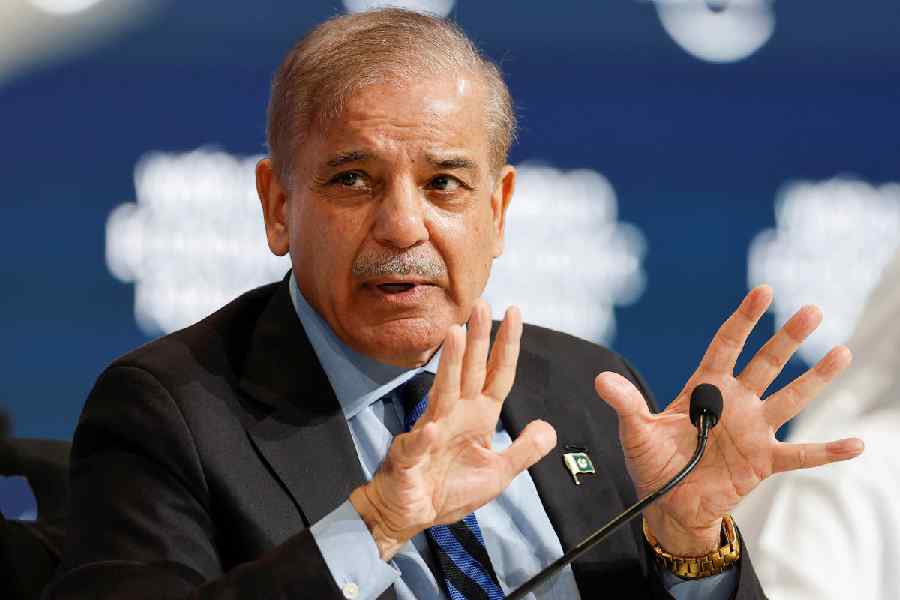The Pakistan government on Tuesday formally authorised the Inter-Services Intelligence (ISI), the country’s premier spy agency, to intercept and trace calls for national security.
The ministry of information technology and telecommunication issued a notification under the Pakistan Telecommunication (Re-organisation) Act, 1996, over the authorisation.
“In exercise of the powers conferred under Section 54… the federal government in the interest of national security and in the apprehension of any offence, is pleased to authorise the officers not below the rank of grade 18 to be nominated from time to time by the Inter-Services Intelligence (ISI) to intercept calls and messages or to trace calls through any telecommunication system as envisaged under Section 54 of the Act,” the notification read.
It also states that the government will prioritise and have precedence in the telecommunications system over any licensee to safeguard national defence or security against foreign threats.
“The federal government in the interest of national security and in the apprehension of any offence is pleased to authorise the officers [...] to be nominated from time to time by ISI to intercept calls and messages or to trace calls through any communication system,” the notification further read.
Sources said that the notification followed after the government of Prime Minister Shehbaz Sharif formally decided at the cabinet level to allow the ISI to trace and record calls.
The decision appears to be a part of the government’s efforts to tighten the noose on social media platforms as the Opposition Pakistan Tehreek-e-Insaf (PTI) used them to approach its supporters despite the narrowing of space on the traditional media.
Sharif, earlier in May, had also approved a draft to amend the Prevention of Electronic Crimes Act (PECA) 2016, which suggested the establishment of a Digital Rights Protection Authority.
According to media reports, the government is also installing a national firewall on different Internet service providers (ISPs) to rein in social media with filters capable of blocking unwanted content from reaching a wider audience. The Elon Musk-owned X has been blocked since February and the government on Monday defended its action during the hearing of a petition against it in the Sindh High Court.
Reacting to the latest authorisation to ISI, PTI leader Omar Ayub Khan said that the government and allies should know that the same actions would be used against their leaders once out of power.
“They will be roaming around the courts when hit by the measures they are instituting now,” he said. Authorities on Monday informed a high court that banning X is not against the laws of the country.











